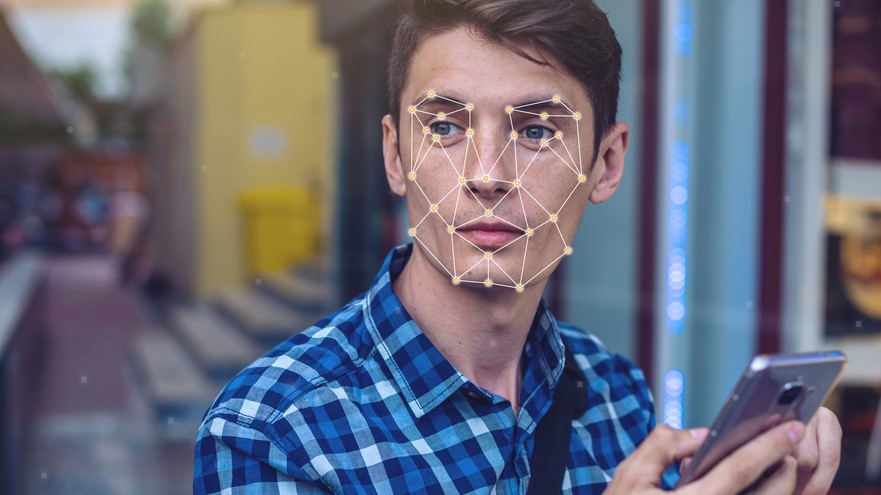China introduces mandatory facial recognition for new mobile users
Government regulations aim to reduce fraud

Chinese mobile operators are legally obligated scan the faces of any new customer using facial recognition technology.
China is the world’s largest mobile market with more than one billion active subscriptions. Most of these are with the three large state-owned operators – China Mobile, China Telecom and China Unicom.
Mobile users in the country are already required to register SIM cards using passports or ID cards as proof of identity. However new regulations, published in September, will require operators to go one step further.
- One day your face could be your passport
- 5G goes live in China
- Smart Travel at Beijing Airport
China facial recognition
Beijing argues the measures are necessary to protect against fraud, but are likely to reignite concerns about the growing use of facial recognition in China, which is also a leader in the development of the technology.
Face scanning has been deployed in public areas such as metro systems and in airports, while some stores let shoppers pay for goods using their face. Some operators have already been using facial recognition in retail outlets, but the enforcement of these new regulations is set to bring millions more people into contact with the technology.
Proponents of facial recognition argue it is more efficient and secure. For example, passengers travelling on some flights departing from Beijing’s Daxing Airport will be able to use their face to pass security and board an aircraft.
There are some concerns about the security and privacy of the practice as well as a lack of regulation. Others fear that the collection of such data will strengthen mass-surveillance efforts.
Sign up to the TechRadar Pro newsletter to get all the top news, opinion, features and guidance your business needs to succeed!
- Here are the best mobile phone deals for December 2019
- And how to stay safe online with the best working VPNs for China
Via Guardian
Steve McCaskill is TechRadar Pro's resident mobile industry expert, covering all aspects of the UK and global news, from operators to service providers and everything in between. He is a former editor of Silicon UK and journalist with over a decade's experience in the technology industry, writing about technology, in particular, telecoms, mobile and sports tech, sports, video games and media.